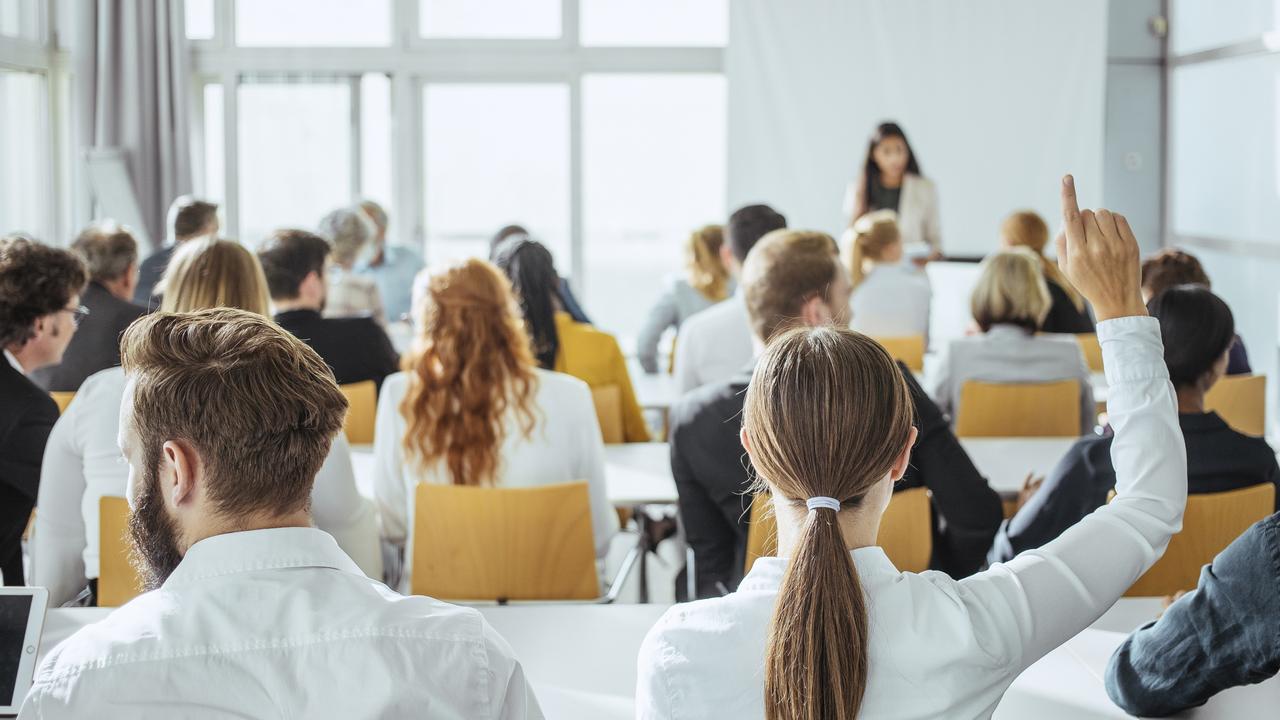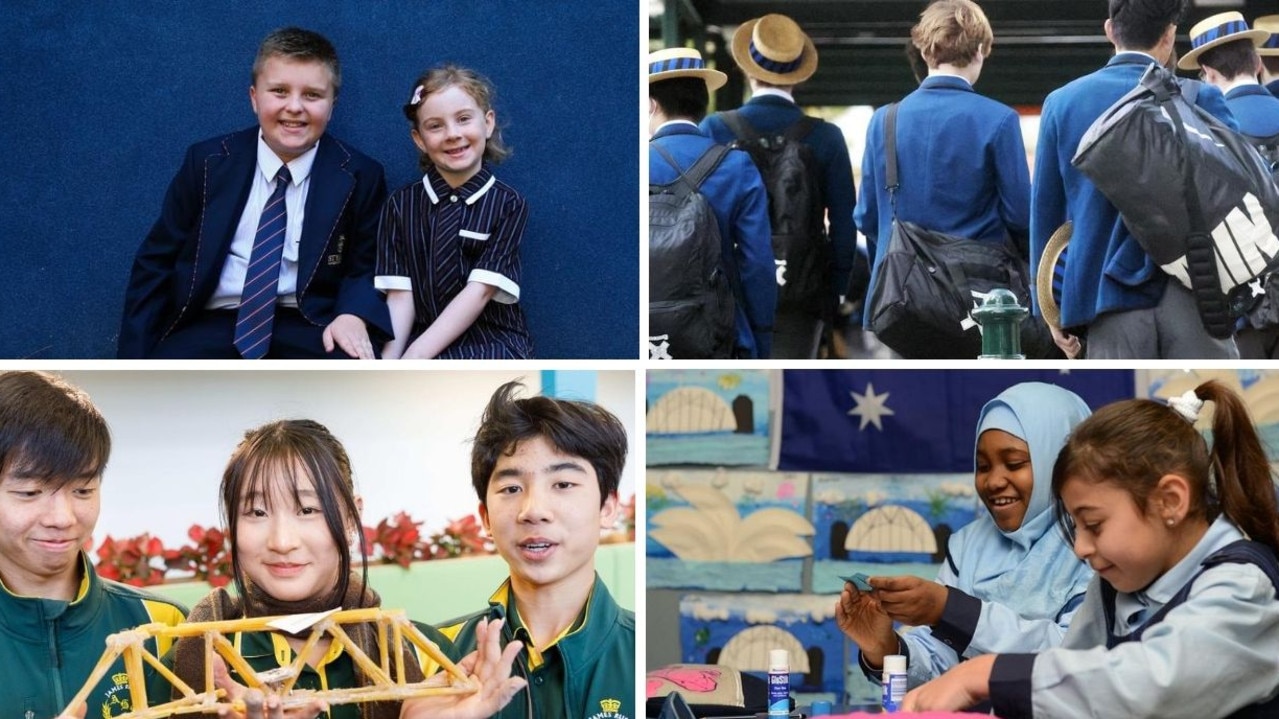Health Ministers urge other states to pay attention to NSW NAPLAN, screen-time and mental health study
The results of a study into links between students’ NAPLAN results, screen time and mental health could make their mark across state borders, with state and federal officials urging the rest of Australia to pay attention.
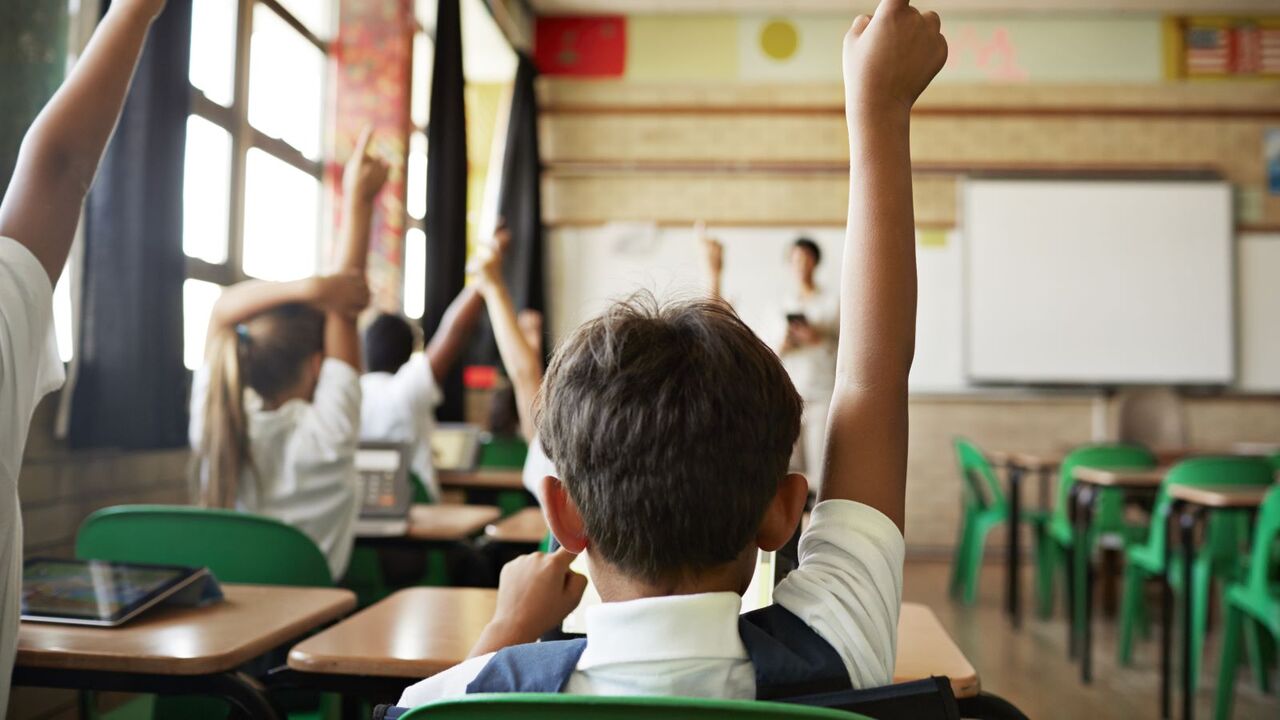
Education
Don't miss out on the headlines from Education. Followed categories will be added to My News.
The results of a study into links between NSW students’ NAPLAN results, screen time and mental health could make their mark across state borders, with state and federal officials urging the rest of Australia to pay attention.
It comes after The Saturday Telegraph revealed more than 5000 students’ NAPLAN records will be handed to the Black Dog Institute and university researchers in a historic report to “identify relationships between digital device use, wellbeing and academic outcomes”.
With the final results of the Australian-first study expected by the end of 2026, federal Education Minister Jason Clare urged other state governments to be “watching closely” as the findings were announced.
“This is a really welcome initiative from the NSW government, it will have lessons for governments across the country,” he said.
“The early evidence I’ve seen is that screen time has a big impact on how you go at school.

“It’s been a year now since we banned phones in schools across the country and we’re seeing the results.”
Students’ NAPLAN scores will be compared to five years’ worth of screen-use collected from the participants, plus their levels of depression, anxiety, physical activity and sleep.
The findings will be consolidated into a searchable database to inform educators and government policy.
Results will also be turned into educational materials to help parents and schools make decisions about appropriate screen-use.
NSW Education Minister Prue Car extended an open invite to share the results with other states who were concerned about screen-time and its impact on students.
“We would gladly share the results of our studies with any other governments because we are all in this together. All they have to do is pick up the phone,” Ms Carr said.
“We need to understand how much screen time – whether that’s in the home or classroom – is too much.
“This world-leading research will help us understand the impact of screens on learning and what strategies we can deploy to help students, teachers and parents guard against screen addiction.”
The study comes as the federal government plans to enforce its social media ban for children under the age of 16 by the end of the year.
NSW hands over NAPLAN scores for screen time experiment
The links between students’ screen time, their mental health and academic performance will be examined in a first-of its-kind government-funded study amid the state’s flatlining NAPLAN results.
Unprecedented access to about 5000 students’ NAPLAN records will be handed to a team of researchers from the University of NSW, the Black Dog Institute and three other Australian universities, in a historic study to “identify relationships between digital device use, wellbeing and academic outcomes”.
Each student’s NAPLAN results will then be compared to five years’ worth of screen-use data collected from the participants, plus their levels of depression, anxiety, physical activity and sleep.
The study comes as an increasing number of NSW school students fail to meet national standards, with more than one in three Year 9 students falling below the benchmark for reading and writing in the 2024 testing cycle.
NAPLAN records show NSW Year 7 students’ scores dropped in all areas except writing from 2008-2022, with numeracy the biggest fall — the percentage of students meeting the minimum national standard was down from 96 per cent in 2008 to 92.8 per cent in 2022.
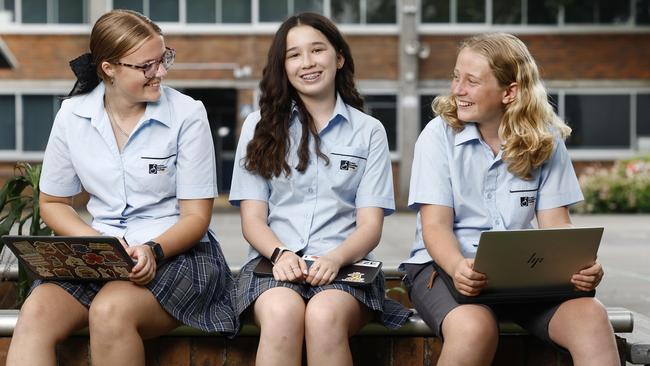
Meanwhile, Year 9 students dropped the most in grammar and punctuation, from 91.4 per cent meeting the standard in 2008 to just 87.2 per cent in 2022.
The iPhone was released in Australia in July 2008. Today young people spend on average two to three hours on social media each day, with total screen time use much higher.
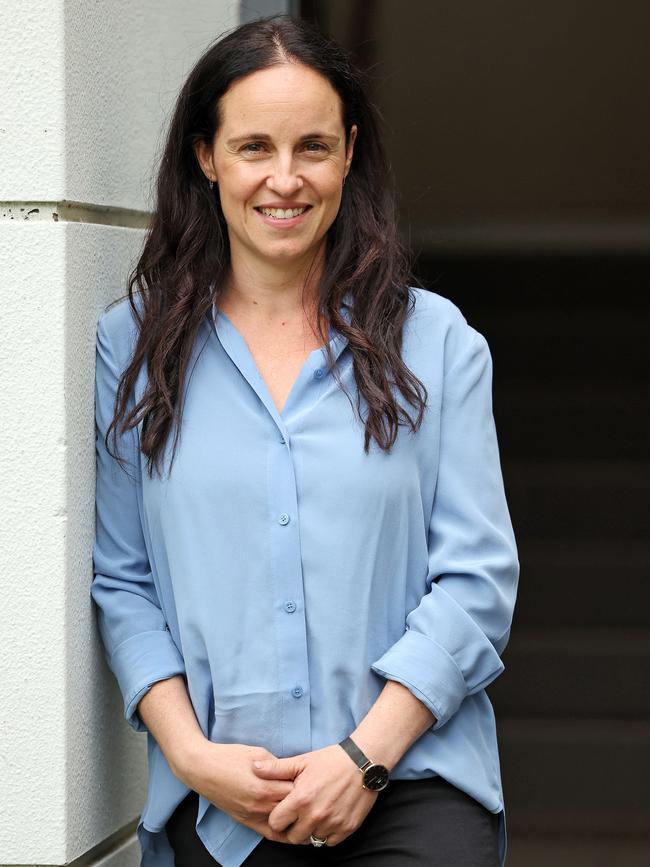
Lead researcher Associate Professor Aliza Werner-Seidler said the project marked the first time Australian health and education records – including HSC results – had been combined to investigate the impact of screens on young people.
“People have a lot of views about the impact of recreational screen time on both mental health and educational outcomes, but now we’ll be able to scientifically test it,” she said.
“We have been measuring the screen use of a group of 5500 Australian adolescents since 2020, along with factors such as depression, anxiety, stress, physical activity, sleep, peer factors, bullying and sense of belonging.
“Now, this project will help us to understand how these variables relate to each other.”
The researchers put the call out six years ago to schools across the country to take part in the screen time study, with public, private and Catholic school students involved in the historic report.
The handing over of NAPLAN and HSC results for the students in the study is a landmark development for the researchers.
“For the first time we can link the experience of this cohort to mental health data and educational records, including NAPLAN results,” Dr Werner-Seidler said.
“Is excessive screen use leading to poor mental health? Is poor mental health contributing to excessive screen use?
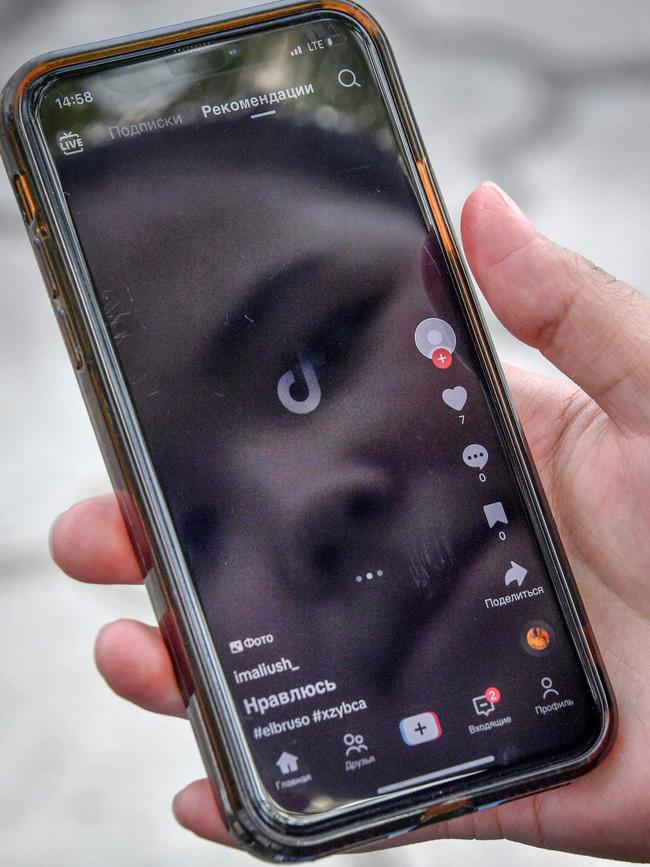
“This work will help us understand whether screen time is displacing other aspects of their lives. For example, are young people less physically active? Interacting with friends in different ways? Sleeping less?
“There’s a whole lot of literature around the use of screens for educational purposes, and the effects on concentration and learning and whatnot, but this is quite different.
“We’re talking about young people going on social media, gaming, creating content, chatting to their friends ... does it interfere with things like studying, doing their chores, engaging with their family?
“We’re measuring all of that.”
The NSW government will chip in $415,000 from its $2.5 million screen addiction fund for the study, with the universities involved also contributing a combined $355,000.

Deputy Premier and Education Minister Prue Car said despite community concern about the impact of smartphones and electronic devices on childhood development, evidence of the effects had been lacking.
“We still don’t know enough about how this new technology impacts our children,” she said.
“That is why we committed to establishing this fund – to build up a body of reliable facts and research for families.”
Students from Sydney Secondary College’s Leichhardt Campus shared they each rack up between 1½ to three hours of screen time a day, but acknowledged the habit had its risks.
“It’s fun to watch YouTube, but if you’re up late into the night, that’s not good.
“You’ll definitely get bad grades and it’s not good for your mental health either,” Year 8 student Joshua Jeremy said.
Principal Craig Marland agreed that excessive screen time would “definitely” affect academic performance.
“Students using it too close to the time they should be getting ready to sleep—that’s a really important factor,” he said.
“Being proactive in that space is vital—we really need to teach the kids not only about the content in courses but also good study habits now and in the future.”
Do you have a story for The Daily Telegraph? Message 0481 056 618 or email tips@dailytelegraph.com.au



